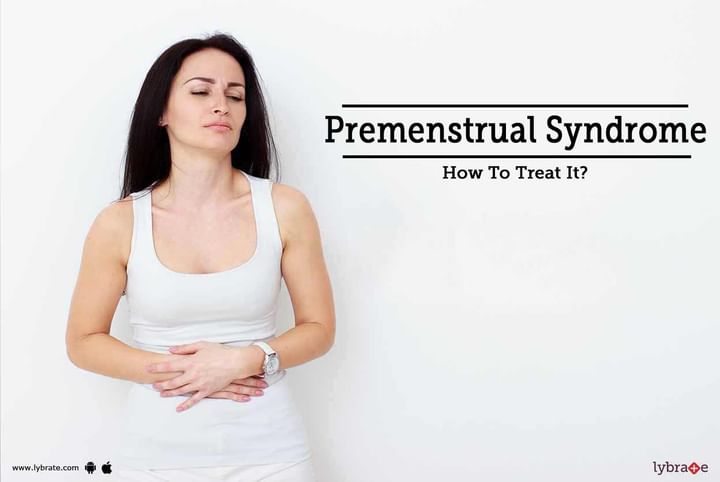Get the App
For Doctors
Login/Sign-up
Last Updated: Jan 02, 2020
BookMark
Report
Premenstrual Syndrome - How To Treat It?
Premenstrual syndrome is a common condition that affects women who are menstruating. A multitude of psychological and physical symptoms might show up before the onset of a menstrual period. What causes PMS is unknown, but fluctuating hormonal levels (progesterone and oestrogen) seem to be linked to it.
Symptoms
PMS has many symptoms. These vary in severity and frequency and aren’t the same in every woman. These are the common symptoms of PMS:
- Tenderness of breasts
- Bloating
- Increase in weight
- Agitation
- Impaired concentration
- Backaches or headaches
- Fatigue
- Anxiety
- Irritability
- Depression or mood swings
- Overeating or food cravings
Diagnosis
A doctor might recommend a few tests to understand and rule out related symptoms:
- Diary: Keeping track of the PMS symptoms in a diary for a few months to check the duration will help you understand the condition better. You might be able to see recurring patterns in your behaviour and moods after keeping track of them for few consecutive months.
- Thyroid test: Thyroid disease is fairly common in women and a lot of its symptoms match those of PMS. To rule out any thyroid problem, a test can be done to check the efficiency of the thyroid.
Prevention
Relief can be found by treating the symptoms as there is no prevention of the condition. A nutritious diet, sufficient rest and exercise can help deal with the symptoms better.
Treatment
- Nutrition: Proper nourishment leads to overall mental and physical well-being. Dietary changes like consuming less caffeine, sugar and salt might reduce the PMS symptoms. Supplements prescribed by your doctor such as vitamin E, calcium, magnesium and vitamin B6 help as well.
- Medications: Painkillers such as naproxen, ibuprofen and aspirin may provide relief from cramps, backache, breast tenderness and headache. If the PMS causes severe depression, your doctor may prescribe certain antidepressants.
- Being Informed: Tracking your periods by maintaining a monthly diary can help you understand and in turn prevent the severity of the PMS symptoms. Learning about coping mechanisms can help you as well.
In case you have a concern or query you can always consult a specialist & get answers to your questions!



+1.svg)
